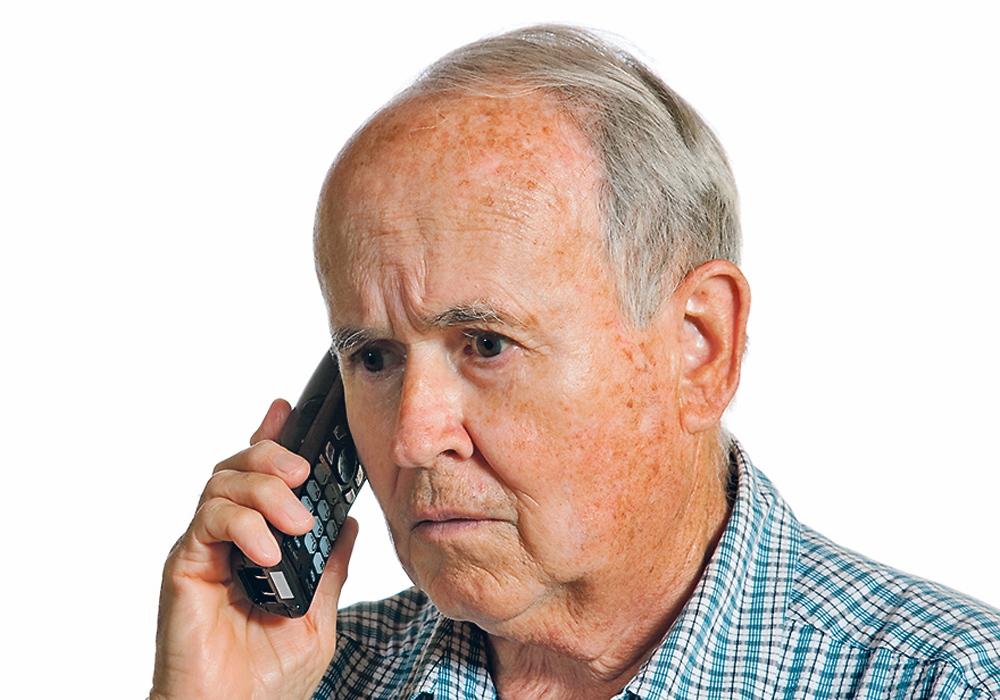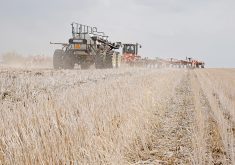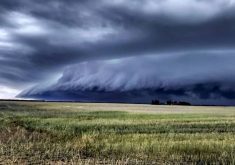Have you received a phone call from someone claiming to be with the Canada Revenue Agency demanding payment? Have you received an email from the CRA requesting personal information, such as your social insurance number or driver’s licence? Maybe they even said you were eligible for a refund? If you provided information, you may have become one of the thousands of Canadians who have been scammed out of millions of dollars.
Phishing is a fraudulent practice by scammers posing as the CRA to get your information. This is not limited to emails and may include being contacted by a phone, text, or through regular mail.
Read Also

Proactive approach best bet with looming catastrophes
The Pan-Canadian Action Plan on African swine fever has been developed to avoid the worst case scenario — a total loss ofmarket access.
There are ways to protect yourself from being scammed. First off, it is important to know how the CRA contacts taxpayers and how they do not.
The CRA will call you. Its representatives may request personal information such as your name, date of birth, address and your social insurance number. They may ask for details of your account in the case of a farm inquiry or if they intend to start an audit process.
It is common to receive mail from the CRA as they send out notices of assessment and reassessment, payment requests and requests for financial information such as bank details.
The CRA will include a link to a website in an email only if requested to do so during a call or meeting with a CRA agent. That link would be to a CRA form, website or publication.
The CRA does not ask for information about your driver’s licence, passport or health card. It will never demand payment by Interact, e-transfer, bitcoin, prepaid credit card or gift card. It will not threaten you with arrest, threaten to call the police or leave a threatening voicemail.
If you are contacted by a potential scammer, be cautious and ask yourself critical questions. Why would the CRA contact you? What previous communications have you recently received from the CRA? Do you have a payment due soon? Do not be pressured into acting immediately. Reluctance by the caller or email source to answer simple questions may indicate a lack of authenticity.
If you have doubts, you can check that the person calling or writing is a genuine CRA employee. The CRA suggests that before making payment arrangements or giving out personal information, verify the caller’s identity or the legitimacy of the letter by calling the CRA general enquiry line at 800-959-8281 for individuals and 800-959-5525 for your farm business number.
The CRA website has more information and examples of scams.
You should reach out to a tax professional if you have concerns.
Colin Miller is a chartered accountant and partner with KPMG’s tax practice in Lethbridge. Contact: colinmiller@kpmg.ca.

















